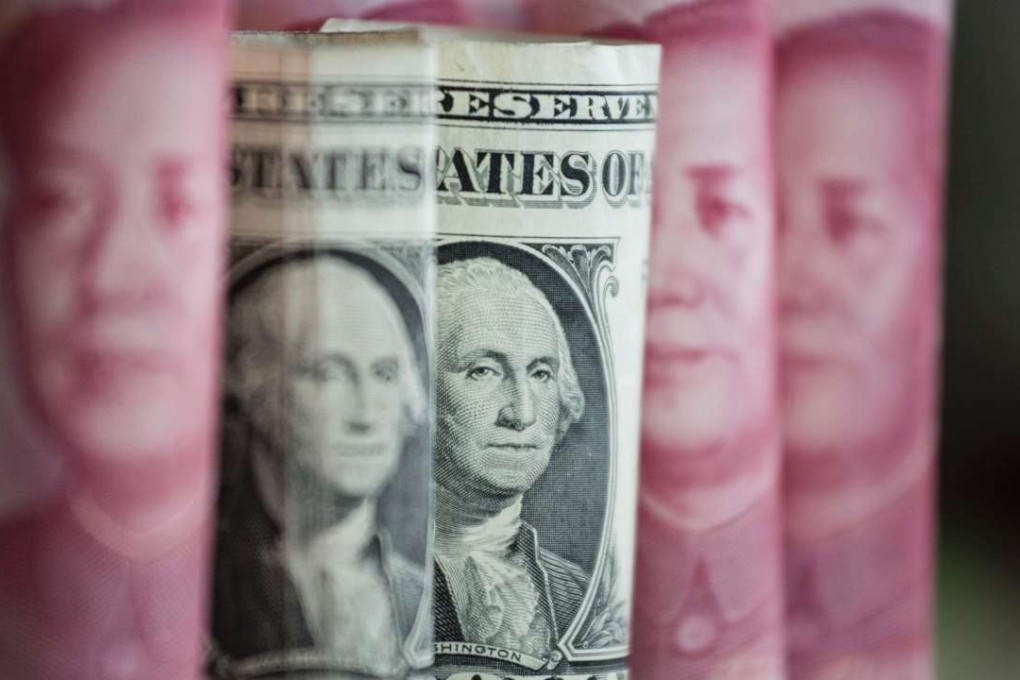US dollar drops to 11-week low, offshore yuan strengthens

A key US dollar index slipped to an 11-week low while offshore yuan strengthened on Thursday after the Federal Reserve left interest rates unchanged in its first meeting since Donald Trump took office.
The ICE dollar index, a measure of the greenback’s strength against six rival currencies, hit 99.251 on Thursday afternoon, the lowest level since November 14.
It was a 0.39 per cent drop from the reading of 99.737 at Wednesday’s close. The index just posted its worst January performance in three decades.
In the offshore market, one US dollar bought 6.8127 yuan in the late afternoon, 0.27 per cent down from the previous close of 6.8310.
The markets remain glued to developments in the US, which are predictably impacting global investor sentiment
“The offshore yuan continues to trade off broader US moves,” said Stephen Innes, a senior currency trader at Oanda Asia Pacific. “The markets remain glued to developments in the US, which are predictably impacting global investor sentiment.”
On Wednesday, American central bank policymakers gave no hint as to the schedule of the next rate increase as fiscal policies under Donald Trump’s administration remain uncertain, although they reiterated that there have been improvements in the domestic economy.